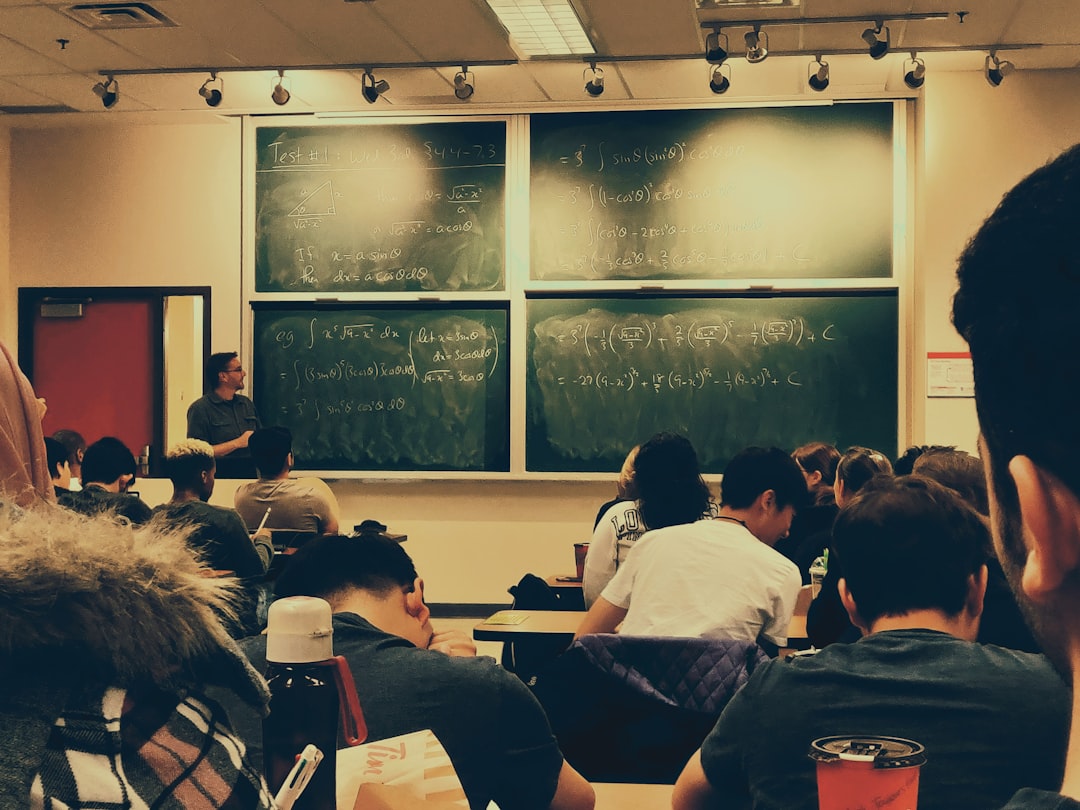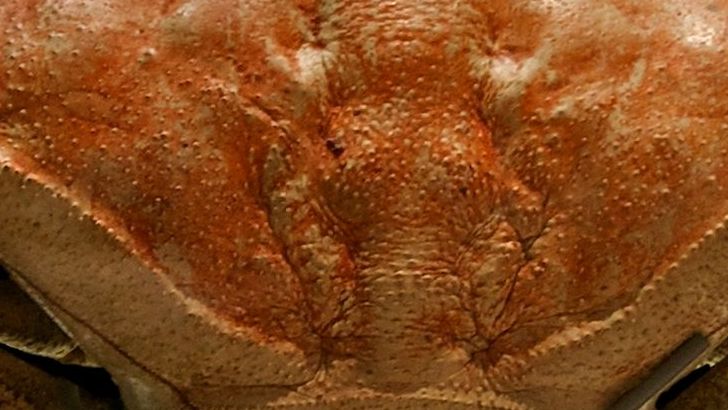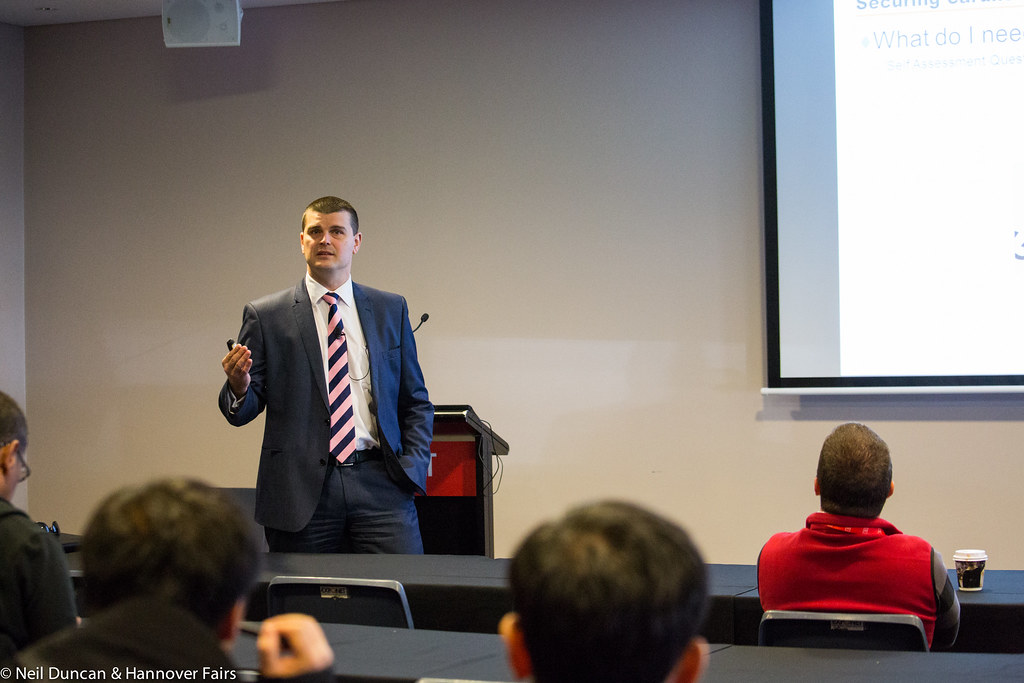A Surprising Twist in USC’s Curriculum (Image Credits: Unsplash)
Los Angeles – Amid the buzz of a sunlit classroom, laughter echoes as students trade quick-witted banter, turning everyday scenarios into hilarious sketches that reveal more than just punchlines.
A Surprising Twist in USC’s Curriculum
Picture this: a top-tier university where the path to a white coat or a lab bench includes improv sessions and stand-up routines. At USC, the comedy minor has quietly become a go-to for students eyeing careers in medicine and engineering. Launched back in 2015 by the School of Dramatic Arts, it’s not your typical elective. Instead, it draws in about 15 to 20 undergrads each year, many of whom aren’t chasing spotlights but something deeper.
These aren’t drama majors alone. Folks planning to scrub in for surgeries or code complex algorithms see real value here. The program mixes performance with practical tools, like improvisation and even a dash of magic, helping students sharpen skills that spill over into their primary fields. It’s a reminder that education doesn’t always follow a straight line.
Enrollment stays steady, proving its appeal endures. In a world of rigid specialties, this minor stands out as a breath of fresh air, blending fun with function.
Comedy’s Role in Building Communication Superpowers
Ever watch a doctor explain a tough diagnosis with a light touch? That’s no accident. For aspiring physicians at USC, the comedy minor hones that exact ability. Improv classes force quick thinking on your feet, much like handling a patient’s unexpected questions in the ER.
Take a student like Joshua Ou, a 20-year-old majoring in human development and aging. He’s set on nursing and credits the program with boosting his bedside manner. Jokes help break the ice, making tough conversations feel human rather than clinical. It’s about connecting, not just conveying facts.
Engineers benefit too. Explaining intricate designs to non-experts? Comedy trains you to simplify without dumbing down. Suddenly, that dry presentation turns engaging, sealing deals or sparking collaborations.
From Laughter to Lifesaving Empathy
Medicine demands empathy, and comedy delivers it in spades. USC students in the minor learn to read rooms, picking up on subtle cues during skits. This translates directly to patient care, where understanding emotions can make all the difference.
Classes dive into the nuts and bolts of humor, showing how timing and vulnerability build trust. For future docs, it’s a crash course in the human side of healing. One performer might mimic a flustered intern, highlighting the chaos of med school in a way lectures never could.
Yet it’s not all fun and games. Participants wrestle with failure on stage, building resilience that’s gold in high-stakes fields like healthcare.
Engineering Minds Get a Creative Jolt
Engineers often get pegged as straight-laced problem-solvers, but USC’s comedy track flips that script. Students here use humor to tackle innovation blocks, brainstorming wild ideas without fear of looking silly.
Improv encourages “yes, and…” thinking, a staple in design processes. It pushes you to build on others’ concepts, fostering teamwork in labs or startups. Magic classes add another layer, teaching precision under pressure – perfect for debugging code or prototyping gadgets.
The result? Graduates who aren’t just technical whizzes but adaptable leaders. In fields evolving fast, that edge counts.
Real Stories Fueling the Trend
Meet Xavier Davis, who’s knee-deep in stand-up while plotting an engineering path. His classmates cheer as he delivers a bit on circuit board mishaps, blending tech jargon with punchy twists. It’s moments like these that show comedy’s crossovers.
Others, like those in bioengineering, weave humor into group projects. It lightens the load during late-night study sessions and sparks breakthroughs. The minor’s small size means tight-knit groups, where feedback feels supportive, not judgmental.
These tales spread on campus, drawing more science majors. It’s word-of-mouth proof that laughter fuels ambition.
The Bigger Picture for Tomorrow’s Professionals
USC’s approach hints at a shift in higher ed. Multidisciplinary paths like this prepare students for jobs that blend tech, health, and humanity. Comedy isn’t a detour; it’s a booster rocket.
As fields like AI-driven medicine and sustainable engineering demand creative thinkers, skills from improv could become standard. Universities watching USC might follow suit, making humor a staple alongside STEM.
Students leave with more than a transcript – they gain confidence to navigate uncertainty with a smile.
Key Takeaways
- Comedy builds empathy and communication vital for patient interactions and team projects.
- Improv sharpens quick thinking, essential in emergencies or innovative design.
- This minor proves fun electives can enhance core career skills without derailing focus.
In the end, USC’s comedy minor shows that a good laugh might just be the best medicine for a well-rounded career. What unexpected class would you add to your degree? Share in the comments.





